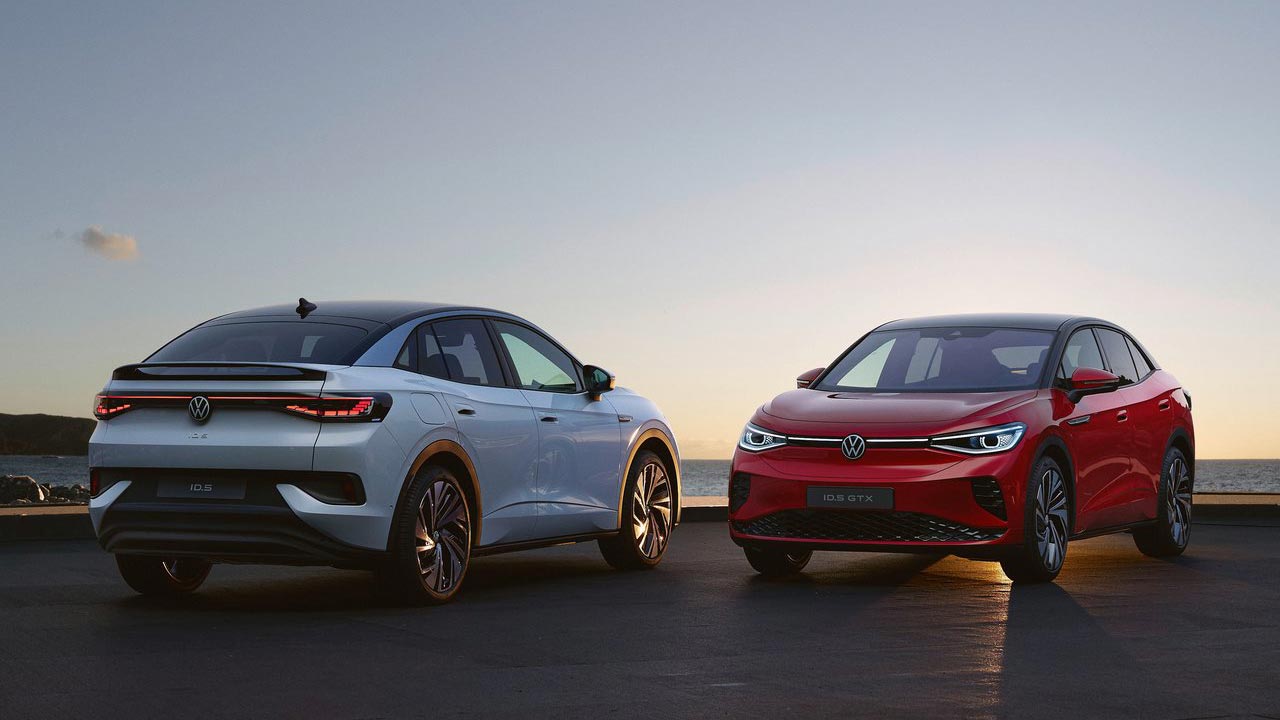VW managed to overtake Tesla in terms of electric car registrations from January to July, primarily due to the increased output of its recently launched models. Notably, the ID. Buzz passenger van and its commercial variant, the ID. Buzz Cargo, contributed significantly to this surge.
According to data sourced from Germany's Federal Motor Transport Authority (KBA), Volkswagen secured 41,475 electric vehicle sales in Germany up to July, with Tesla trailing closely at 40,289 units. In contrast, Mercedes-Benz, securing the third spot, registered 20,613 electric vehicles. Audi and BMW followed in fourth and fifth positions, with 16,786 and 15,987 registrations, respectively. Hyundai trailed closely in sixth place, with 15,411 registrations.
As anticipated, the majority of Volkswagen's electric vehicle registrations were attributed to the ID.4 and its coupe-style counterpart, the ID.5, including their performance-oriented GTX variants, which accounted for a combined total of 22,405 units up to July. The smaller ID.3 hatchback followed with 13,647 registrations, while the e-up city car secured 2,943 registrations.
The recently launched all-electric Volkswagen ID. Buzz has garnered substantial interest since its introduction last year, significantly boosting sales as production scales up. Over the initial seven months, the automaker successfully sold 2,815 units of the ID. Buzz EV, with an additional 536 units sold solely in July.
On the Tesla side, the Model Y accounted for nearly 75 percent of the brand's registrations in Germany, reaching a total of 29,829 units over the seven-month period. The Model 3 followed with 9,045 registrations, while the Model S and Model X lagged behind with 855 and 494 registrations, respectively.
Mercedes-Benz's electric vehicle registrations were primarily driven by the EQA compact crossover, which secured 7,813 registrations. Interestingly, Chinese-owned brands are gaining traction in the German market, with SAIC's MG achieving 11,638 registrations, Geely’s Polestar with 4,210 registrations, and BYD with 632.
In total, the period between January and July saw 268,926 first-time registrations for electric vehicles in Germany, in contrast to 1.64 million new registrations for traditional internal combustion engine models.
Source: Automobilwoche

